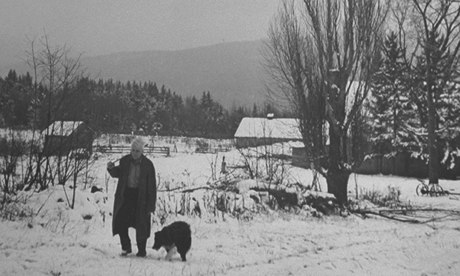We spent Christmas in Agaete, a cute and mostly quiet village near Gran Canaria. I say “mostly quiet” because two (of five) nights were not quiet. I don’t remember Nochebuena being celebrated so loudly in Corralejo. In fact, I don’t remember it being celebrated in Corralejo at all. But here, there was music and fireworks until 3 am. And then, on Saturday, there was a band playing just a few meters from the house we were staying. At some point, Yuri went out to see them. A bit later, I joined him.
This happened to be Gran Canaria Big Band and Fasur Rodríguez presenting “Frank Sinatra Tribute”. To be honest, I never understood what was so great about Frank Sinatra. I find his manner of singing out of tune (not even slightly out of tune) rather irritating, and lyrics of many “Sinatra classics” far too cheesy for my liking. Fasur has a great voice but I wish he didn’t copy the said out-of-tuneness so much. On the other hand, the band was simply perfect. It was a while since I heard the big band sounding exactly the way the big band should sound.
After the show, I went to chat with the musicians. As it happens, the band is all-male except the drummer, Xerach Peñate. Even that was an accident: she told me she was replacing the “official” drummer who got ill. And I bought the CD — but not before asking them if they have one for sale!
As could be guessed from the name, Straight Ahead is a tribute to Count Basie. Five songs feature vocals by Laura Simó. No Sinatra nonsense here, except maybe The Lady is a Tramp. My favorite tracks, however, are the instrumentals, Calles Vacías by the band’s pianist Rayco León and Gentle piece by Kenny Wheeler.










